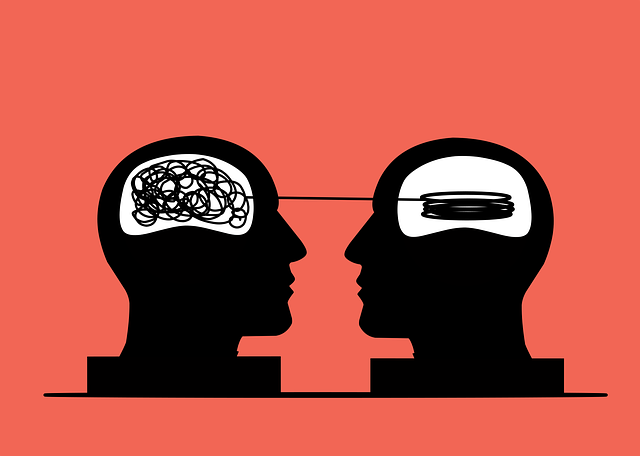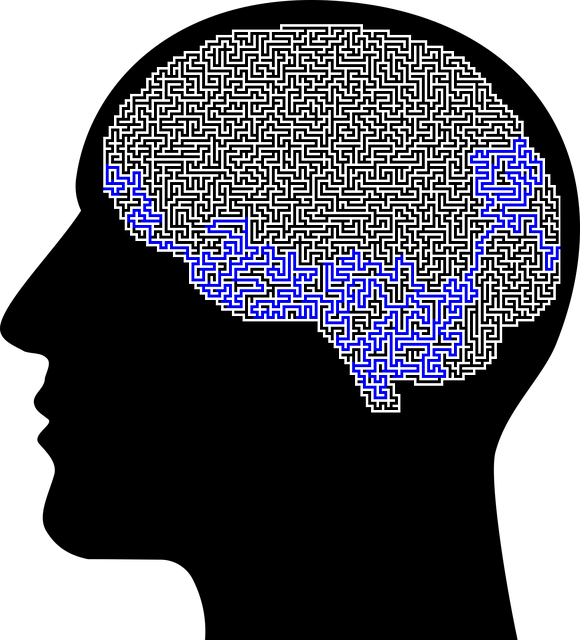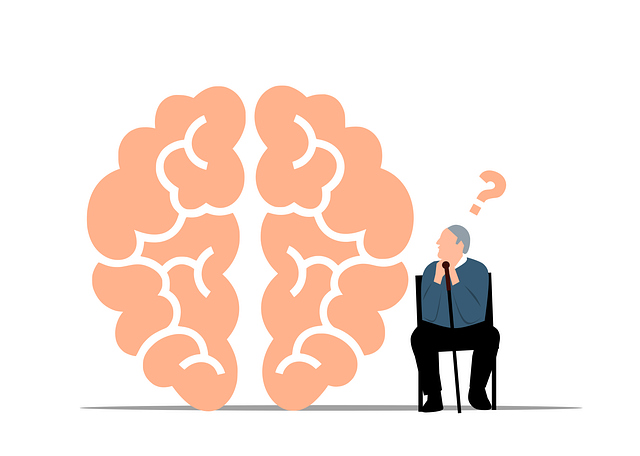Emotional Intelligence (EQ) is a powerful tool for personal growth and community well-being, with Lafayette Conduct Disorder Therapy leading the way in its development. This therapy focuses on managing emotions, building empathy, and enhancing relationships through techniques like mindfulness and active listening. By addressing conduct disorders holistically, it equips individuals with skills to navigate stress, make healthier choices, and foster compassionate communities, making it a vital resource for emotional well-being.
Emotional intelligence (EI) is a powerful tool for personal growth and successful interactions. Understanding EI and its profound impact on various aspects of life is the first step towards building it. This article explores effective strategies to enhance EI, focusing on Lafayette Conduct Disorder Therapy as an innovative path to mastering this skill. By delving into these topics, we aim to empower individuals to navigate relationships and challenges with heightened emotional awareness and proficiency.
- Understanding Emotional Intelligence and Its Impact
- Strategies for Enhancing Emotional Intelligence
- Lafayette Conduct Disorder Therapy: A Path to Building Emotional Intelligence
Understanding Emotional Intelligence and Its Impact

Emotional Intelligence (EQ) is a powerful concept that has gained significant attention in recent years, especially in the context of Lafayette Conduct Disorder Therapy. EQ refers to an individual’s ability to recognize, understand, and manage their own emotions, as well as perceive, interpret, and respond appropriately to the emotions of others. This skill set goes beyond mere social competence; it is a crucial element in personal growth, effective communication, and overall well-being.
The impact of high emotional intelligence is far-reaching. It fosters better relationships by enhancing empathy building strategies, enabling individuals to connect on a deeper level with their peers, family, and friends. Moreover, EQ plays a pivotal role in stress management and conflict resolution, as it promotes calmness under pressure and encourages thoughtful responses rather than impulsive reactions. In the broader context of public awareness campaigns development, promoting emotional regulation through education and practice can lead to more compassionate and resilient communities.
Strategies for Enhancing Emotional Intelligence

Building emotional intelligence (EQ) is a multifaceted process that involves learning to recognize and manage your own emotions, as well as understanding and empathizing with others. One effective approach to enhancing EQ is through therapy, such as Lafayette Conduct Disorder Therapy, which provides individuals with tools to navigate and express their feelings healthily. These therapeutic interventions often focus on self-awareness, helping people identify triggers and patterns in their emotional responses.
Additionally, stress management techniques play a crucial role in EQ development. By incorporating practices like mindfulness meditation or deep breathing exercises into daily routines, individuals can gain better control over their emotions during stressful situations. Mood management is another key aspect; learning to regulate negative feelings and maintain a positive outlook contributes significantly to overall emotional intelligence. Empathy building strategies, such as active listening and practicing perspective-taking, foster deeper connections with others, strengthening the interpersonal aspects of EQ.
Lafayette Conduct Disorder Therapy: A Path to Building Emotional Intelligence

Lafayette Conduct Disorder Therapy offers a transformative journey towards building emotional intelligence (EI). This therapeutic approach recognizes that managing and understanding emotions is a cornerstone of personal growth. By addressing conduct disorders, which often stem from underlying emotional issues, individuals can learn to regulate their feelings effectively. Through this process, they gain insights into their triggers, enabling them to make healthier choices and foster better relationships.
The therapy focuses on empowering people with skills to navigate stress and emotions productively. It involves a multi-faceted approach, including individual counseling, group sessions, and interactive workshops. These activities encourage self-awareness, empathy for others, and improved communication. Additionally, the Stress Management Workshops Organization can play a pivotal role in developing practical tools for emotional regulation. Public Awareness Campaigns Development initiatives can also shed light on conduct disorders, reducing stigma and promoting early intervention. Meanwhile, Mental Wellness Podcast Series Production can provide accessible platforms to share insights, strategies, and success stories related to emotional intelligence building.
Emotional intelligence is a powerful tool for personal growth and effective communication. By understanding its impact and implementing strategies like those offered by Lafayette Conduct Disorder Therapy, individuals can significantly enhance their emotional awareness and skills. This article has explored these concepts to provide a roadmap for developing emotional intelligence, ultimately fostering better relationships and mental well-being.














